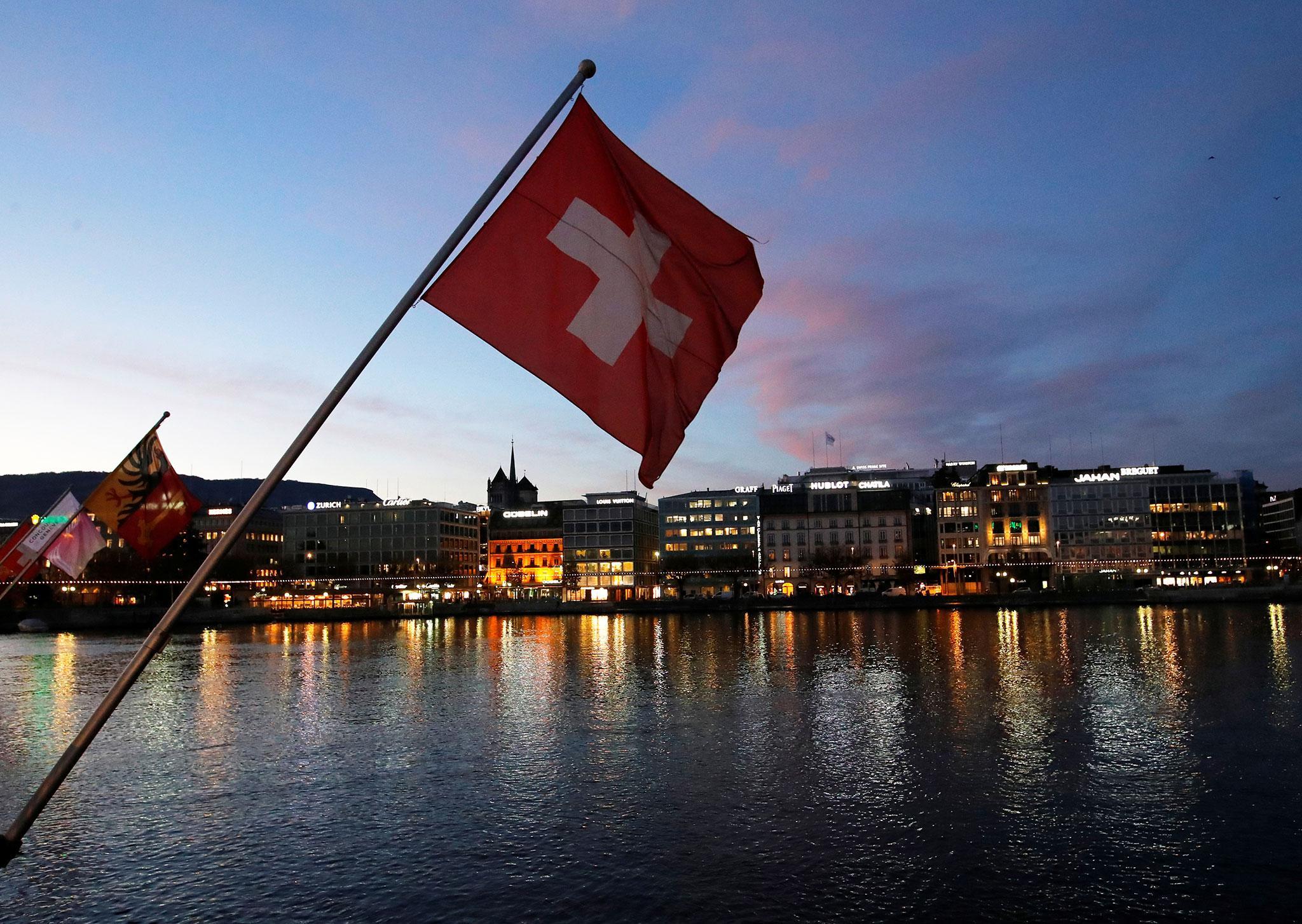Switzerland must 'urgently' do more to tackle bribery and protect whistleblowers, OECD says
Country faces 'particular risk of corruption' be because of a large number of public international organisations and an outsized financial sector, report says

Switzerland must urgently do more to protect whistleblowers and stop money laundering and bribery, a group of industrialised nations has said.
After a year-long investigation, the Organisation for Economic Co-operation Development said companies, lawyers and trustees operating in Switzerland must face tougher penalties for perpetrating or facilitating bribery taking place abroad.
It said Switzerland “presents a specific risk of corruption” because of a large number of public international organisations and an outsized financial sector providing services for overseas clients.
Despite hosting international industries which have significant potential for corruption, such as commodities trading, Switzerland has no legal framework to protect whistleblowers, the OECD said.
The organisation found that not a single case of foreign bribery has been brought to local Swiss law enforcement agencies in any of its cantons by a whistleblower.
Internationally, company insiders who alert authorities to wrongdoing are seen as vital in the battle against corruption. They have been instrumental in a number of recent high-profile data leaks that have shone a light into the sometimes shady world of offshore finance.
Long famed for its secretive banks and as a hub for clandestine financial activity, Switzerland has been attempting to clear up its image in recent years after a string of scandals, but the latest report suggests the Alpine nation has some distance yet to travel.
Assessors for the report found an “almost universal mistrust” of whistleblowers in the country, stemming from “extremely entrenched opinions on this matter that point to strong, deep-rooted cultural resistance to people who support suspicions of wrongdoing”.
“In reality, whistleblowers expose themselves to criminal prosecution or retaliatory measures if they make a report, as case law has consistently demonstrated in cases involving reported suspicions of financial offences,” the OECD said.
The OECD pointed to the 2015 sentencing of HSBC whistleblower, Hervé Falciani, to five years in prison in absentia for breaking bank secrecy laws.
Mr Falciani exposed widespread wrongdoing at HSBC’s Swiss private bank that helped wealthy individuals evade taxes. He could only reveal the cache of data after he had fled Switzerland for France.
In Switzerland, if someone wants to report a suspicion, they must first go to their employer, to which they owe a duty of secrecy, the report said.
On money laundering, the OECD welcomed the fact that firms have reported an increasing number of suspicious incidents in recent years but said this was too often in response to external prompts such as information provided by the media.
Another “significant pitfall” of the Swiss legal framework is that lawyers and other professional advisors that help individuals set up anonymous companies and trusts are only liable to prosecution under anti-money laundering rules if they actually execute a transaction, the OECD said.
This restriction is important, the OECD said, because trusts and domiciliary companies are a known to be used in corruption schemes.
Join our commenting forum
Join thought-provoking conversations, follow other Independent readers and see their replies
Comments
Bookmark popover
Removed from bookmarks